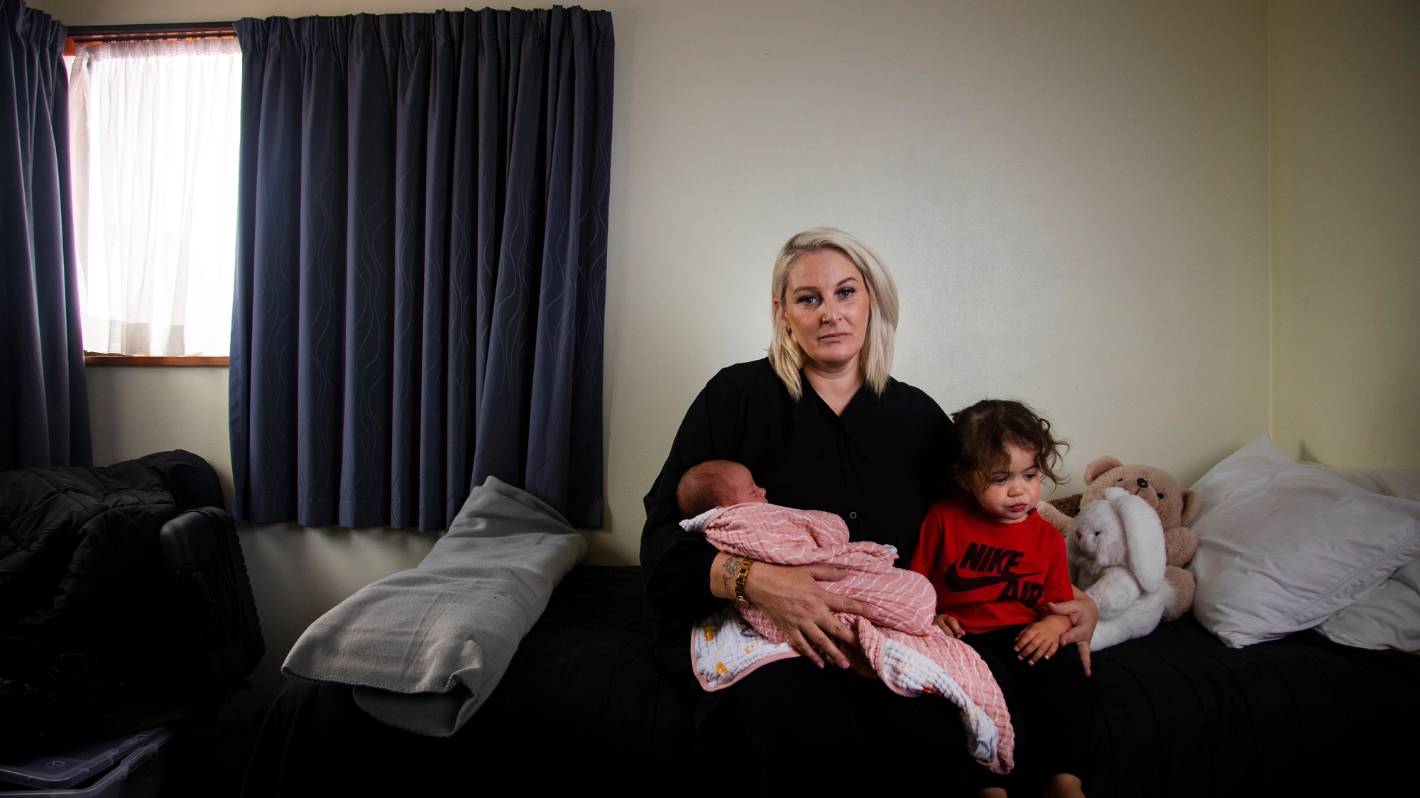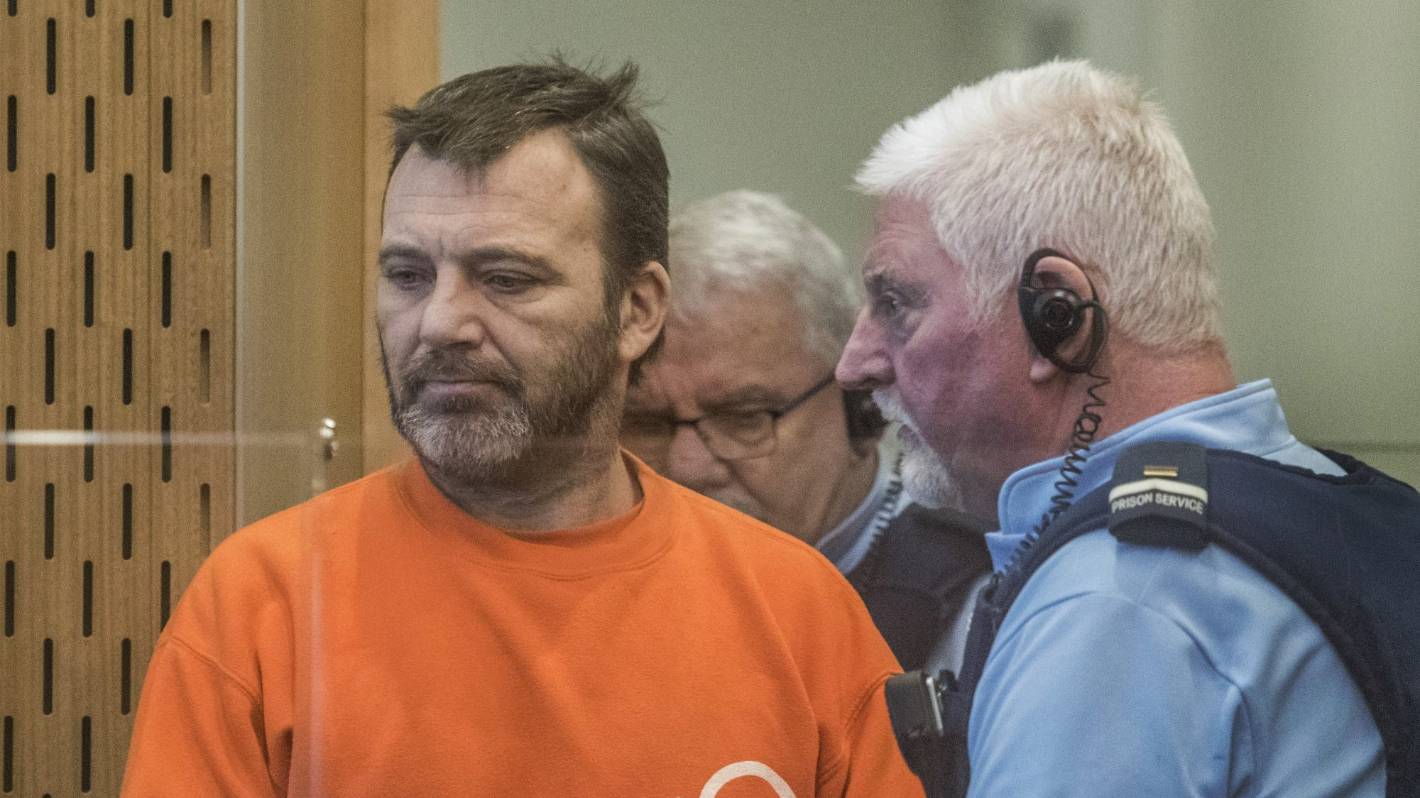KiaKaha [he/him]
- 11 Posts
- 8 Comments

 1·2 years ago
1·2 years agoOur position hasn’t shifted that much from the pod’s position.
The pod has a semi-ironic veneration of China, per the Wolf Warrior episode. It hates the entire US establishment. It wants Iran to get a nuke. Much of its stance is based on opposing what the most awful people in Amerikkka support.
That’s not to say we follow the pod’s marching orders. Rather, we get to the same place for much the same reasons.
The Ukrainian issue is probably the best example of this. No one here’s super pro Putin or his brand of Russian nationalism. When the war started, we were deep into ‘lol there’s not gonna be a war’. We had to eat humble pie, hard.
You know what changed?
Ukrainian flag emojis.
The worst people in the world, with the absolute worst takes, went hard on the Ukraine side.
Was the war a bad idea? Quite possibly. It’ll likely settle into a frozen conflict again, much like it was before, with similar territory, at the cost of a lot of lives.
But seeing people go around, pretending there wasn’t Ukrainian shelling of the Donbas? Pretending Putin hadn’t been pushing for Minsk II to be implemented as agreed? Saying that Putin wants to wage a genocide against Ukraine? Seeing everyone bend over backwards to apologise for literal neo-Nazis?
Fuck that.

 1·2 years ago
1·2 years agoYou’re right that it’s not neofeudalism, and that neofeudalism is optimistic, but you’re confusing intelligentsia/‘PMC’ with petit bourgeois.
the professional classes that produce medicine and research and lawyering and technology along with the exploitation of the increasingly proletarianized service classes. These people do not have the same class interests and it is the major source of division between liberals and a nascent socialist movement
For the most part, these are just particularly well-compensated segments of the proletariat, much as the rest of the proletariat was bought out during the mid 20th century. A reversal of their fortunes will have the same effect.

 1·4 years ago
1·4 years agoFingers crossed he backs PSL.

 1·4 years ago
1·4 years agoYou’ve quoted the right leaning party members at a conference during the height of privatisation. Ofc there’s gonna be some dumb shit said.
If you’re assessing China, you need to look at its direction presently, under Xi Jingping, not it’s direction thirteen years ago under Hu Jintao, especially given that the Shanghai Clique of Jiang Zemin only started to lose power in 2006-2007.
Instead, let’s look at some of what Xi says.
Here’s a document distributed to all high level cadre outlining ideological trends to be wary of.
Neoliberalism advocates unrestrained economic liberalization, complete privatization, and total marketization and it opposes any kind of interference or regulation by the state. Western countries, led by the United States, carry out their Neoliberal agendas under the guise of “globalization,” visiting catastrophic consequences upon Latin America, the Soviet Union, and Eastern Europe, and have also dragged themselves into the international financial crisis from they have yet to recover.
This is mainly expressed in the following ways:
[Neoliberalism’s advocates] actively promote the “market omnipotence theory.” They claim our country’s macroeconomic control is strangling the market’s efficiency and vitality and they oppose public ownership, arguing that China’s state-owned enterprises are “national monopolies,” inefficient, and disruptive of the market economy, and should undergo “comprehensive privatization.” These arguments aim to change our country’s basic economic infrastructure and weaken the government’s control of the national economy.
Not to mention this hilarious headline: China’s Latest Crackdown Target Is Liberal Economists.
Alright, so there’s at least some ideological pushback. But what about reality? After all, didn’t they privatise a bunch of stuff like those economists wanted?
Well, the holding entity for state owned entities is the largest economic entity in the world at approximately 7.6 trillion USD, so whatever they’ve privatised, there’s clearly a hell of a lot they haven’t.
But what about the general trend? And what good are those entities if they’re just running according to market principles?
Well, let’s just check the news:
An agency led by President Xi Jinping to advance institutional changes in China has approved a new plan to make state-owned enterprises “stronger, better and bigger”. Monday’s decision by the Central Commission for Comprehensive Reforms to “optimise and restructure the state economy layout” – a euphemism that generally points to government-led mergers and the consolidation of various state-owned companies, with ornamental participation by private investors – came after Beijing found its state-owned enterprises (SOEs) to be more reliable in answering the government’s calls during the coronavirus.
China’s “adjustment” of its state sector is aimed at “serving national strategic goals and adapting to high-quality growth”, and state firms will dominate areas of “strategic security, industrial leadership … and public services”, according to an official statement released through the Xinhua news agency.
So what we see is that SOEs were better able to respond in a pandemic situation, where market allocation just wasn’t going to cut it, and use value needed to be pushed to the fore.
No one’s denying there are capitalists in China, or that they haven’t been allowed to flourish. What’s important is that they remain under the control of the Party, and that the Party retains its control over police, military, and the commanding heights of the economy. It says a lot that even at the height of their power, the capitalists had to couch their arguments for privatisation in Marxist terms.
We already do see it, in fan fiction. However, those works end up hitting a ceiling, as they lack the resources to get polished, or the legal rights to get published.

 0·4 years ago
0·4 years agoI don’t think I can support the direction that Kim Jong un has taken North Korea in
Which part? The isolation is imposed by the world, not them. Likewise with the poverty.
The nukes are a nice shield from future bombings, and once China and Russia get an alternative to SWIFT set up for global transactions, we can expect to see the DPRK open up more.
The hereditary thing isn’t great long term, but it gets way too much shit for it. Cuba’s still got the Castro family as the head of state, and you almost never hear leftists go on about that.
Then we need to consider the alternatives. If it were to unilaterally reunite with the South, under the South’s rule, you’d see the same sort of horrendous economic collapse that the GDR suffered. Probably worse, given the greater wealth disparities.
Juche gang’s a fun meme, but in reality, the DPRK’s just our generation’s Cuba, with all the atrocity porn that comes with it.

 0·4 years ago
0·4 years agoApproximately 50% of what you hear is outright propaganda, as we know the CIA’s affiliates churn out. We also see CIA assets pushing narratives on Reddit. The next 25% is poorly researched speculation by an evangelical end-timer, and the final 25% is an accurate description of the PRC’s response to far right, religious terrorism and separatism.
First, let’s just establish using safe, American sources that a bunch of Uyghur people went to fight with ISIS in Syria, then returned. Let’s also establish that there have been consistent terrorist attacks with significant casualties and that the CIA and CIA front-groups have funded and stoked Islamic extremism across the world for geopolitical gain.
Now, we need to consider potential responses.
The CPC could give up and surrender Xinjiang to ISIS. This option condemns millions of people to living under a fundamentalist Islamic State, including many non-Muslims and non-extreme Muslims. This option creates a CIA-aligned state on the border, and jeopardises a key part of the Belt and Road initiative, which is designed to connect landlocked countries for development and geopolitical positioning. This option also threatens the CPC’s legitimacy, as keeping China together is a historical signifier of the Mandate of Heaven.
The next option is the American option. Drone strike, black-site, or otherwise liquidate anyone who could be associated with Islamic extremism. Be liberal in doing so. Make children fear blue skies because of drones. When the orphaned young children grow up, do it all again. You can also throw a literal man-made famine in there if you want.
The final option is the Chinese option. Mass surveillance. Use AI to liberally target anyone who may be at risk of radicalisation for re-education. Teach them the lingua franca of China, Mandarin. Pump money into the region for development. When people finish their time in re-education, set them up with state jobs. Keep the surveillance up. Allow and even celebrate local religious customs, but make sure the leaders are on-side with the party.
Let’s take a moment to distinguish that last approach from that of Nazi Germany. Nazi Germany wanted to exterminate the undesirables. Initially it was internment in concentration camps with the outcome up in the air, with a vague hope of shipping them to Madagascar or palestine, but it later morphed into full extermination. All throughout, Nazi Germany was pushing strong rhetoric of antisemitism and stoking ethnic hatred in the public sphere.
There’s no evidence, including from leaked papers, that the goal of the deradicalisation programme is permanent internment or annihilation of Islam. In fact, the leaked papers have Xi explicitly saying Islam should not be annihilated from China:
Mr. Xi also told officials to not discriminate against Uighurs and to respect their right to worship. He warned against overreacting to natural friction between Uighurs and Han Chinese, the nation’s dominant ethnic group, and rejected proposals to try to eliminate Islam entirely in China.
“In light of separatist and terrorist forces under the banner of Islam, some people have argued that Islam should be restricted or even eradicated,” he said during the Beijing conference. He called that view “biased, even wrong.”
As for permanent internment, we know from leaks that the minimum duration of detention is one year — though accounts from ex-detainees suggest that some are released sooner.
Unlike Nazi Germany, there’s no stoking of inter-ethnic hatred or elimination of a specific culture; the CPC actively censors footage from terrorist attacks in China to avoid such an outcome. Xi doesn’t go on TV calling any ethnicity rapists or murderers. Uighur culture is actively celebrated in the media and via tourism. Xinjiang has 24,400 mosques, one per 530 Muslims. That’s three mosques per capita more than their western peers.
Could China’s approach be done better? Almost certainly. Is it the most humane response to extremism we’ve seen so far? That’s for you to decide.
(Reposted from here )








How much time do you have?